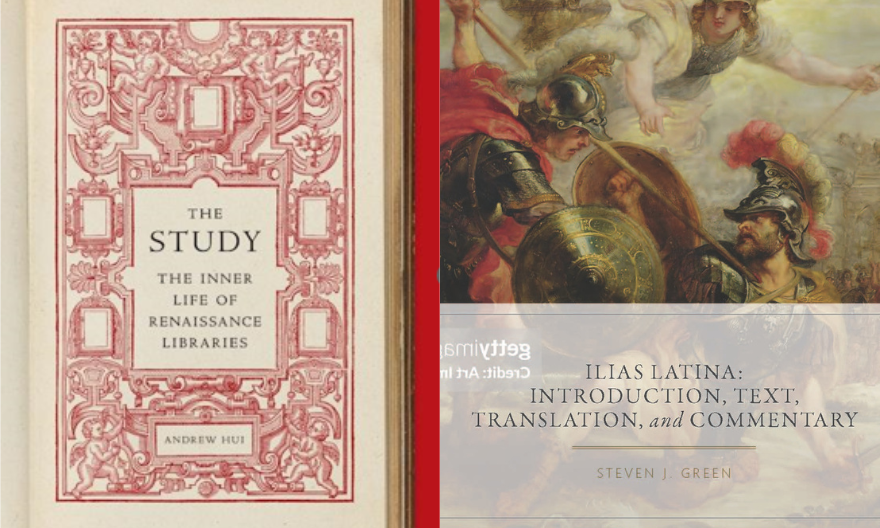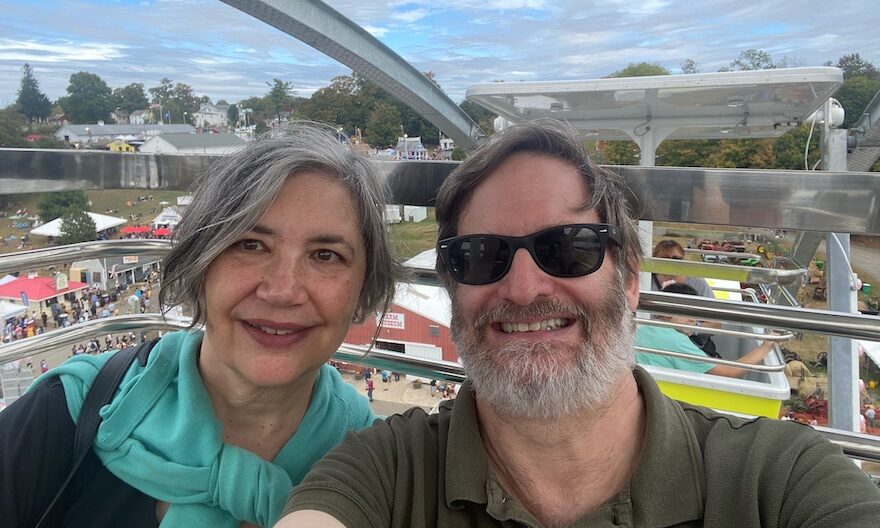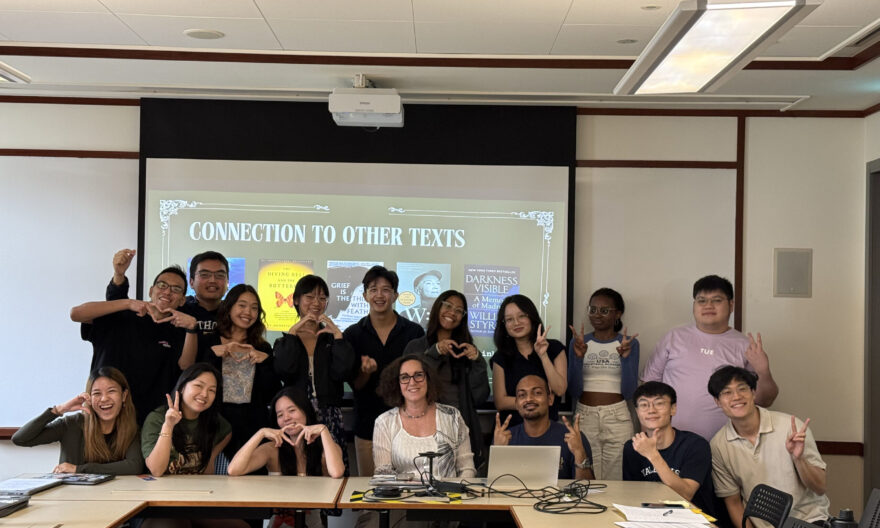Faculty-student research collaboration tackles inequality in vaccine distribution
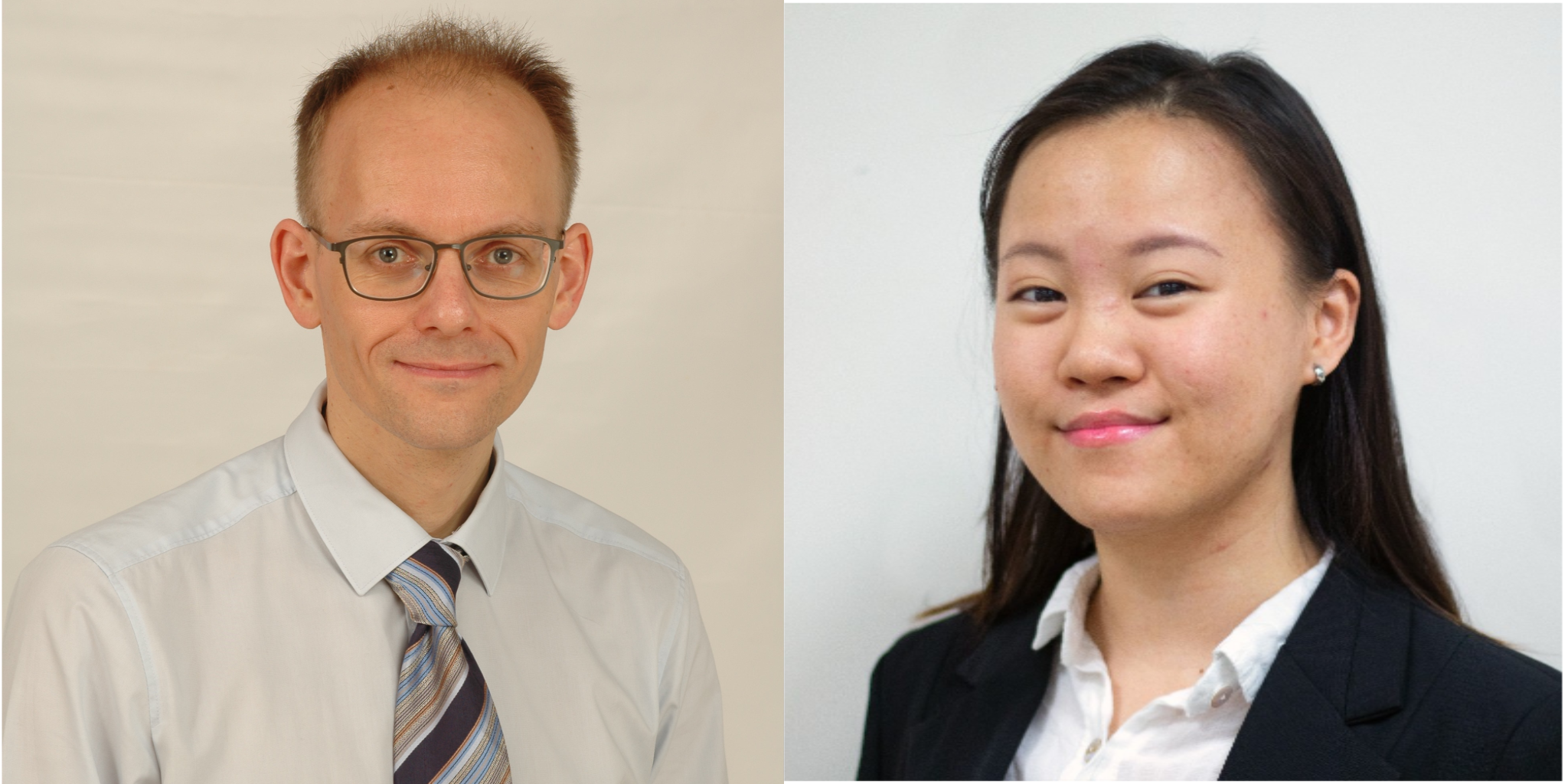 Images provided by Assistant Professor of Science (Mathematical and Computational Science) Michael Gastner (left) and Yau Yen Ching.
Images provided by Assistant Professor of Science (Mathematical and Computational Science) Michael Gastner (left) and Yau Yen Ching.
Despite COVID-19 being a global pandemic, its consequences are not felt equally in all parts of the world. By conducting research on the unequal distribution of influenza vaccines around the world, a faculty-student collaboration between Assistant Professor of Science (Mathematical and Computational Science) Michael Gastner and Yen Ching Yau (Class of 2022) emphasised the importance of equal access to COVID-19 vaccines in the present.
The race to develop and distribute an effective COVID-19 vaccine has been a newsworthy topic since the pandemic disrupted the global economy and individuals’ daily lives. However, unequal patterns of influenza vaccine distribution in the past suggested that the same would likely occur with the distribution of COVID-19 vaccines, even though virtually every country has been affected by the pandemic.
“I thought the topic was newsworthy and thought-provoking as so many people were pinning their hopes on the vaccine to allow them to resume their lives as per usual, pre-pandemic,” said Yen Ching. “But we all fail to remember that there are quite a number of diseases with available vaccines that large parts of society are still afflicted by.”
As Asst Prof Gastner explained, “The [influenza] vaccine has been on the World Health Organisation’s Model List of Essential Medicines since 1979, but access to the vaccine is very unevenly distributed around the world. Putting the data on a map shows that Africa and many parts of Asia vaccinate a much smaller fraction of their population against the seasonal flu than, for example, the United States, Western Europe and Japan.”
This research translates to the ongoing COVID-19 pandemic, as data gathered from the influenza pandemic can shed light on an effective response to COVID-19. “Writing a paper detailing the existing inequality in global vaccine distribution of other diseases was worth doing as the distribution of COVID-19 vaccine progresses,” said Yen Ching.
In order to highlight these inequities in vaccine access, Asst Prof Gastner and Yen Ching also worked on developing cartograms to display their findings.
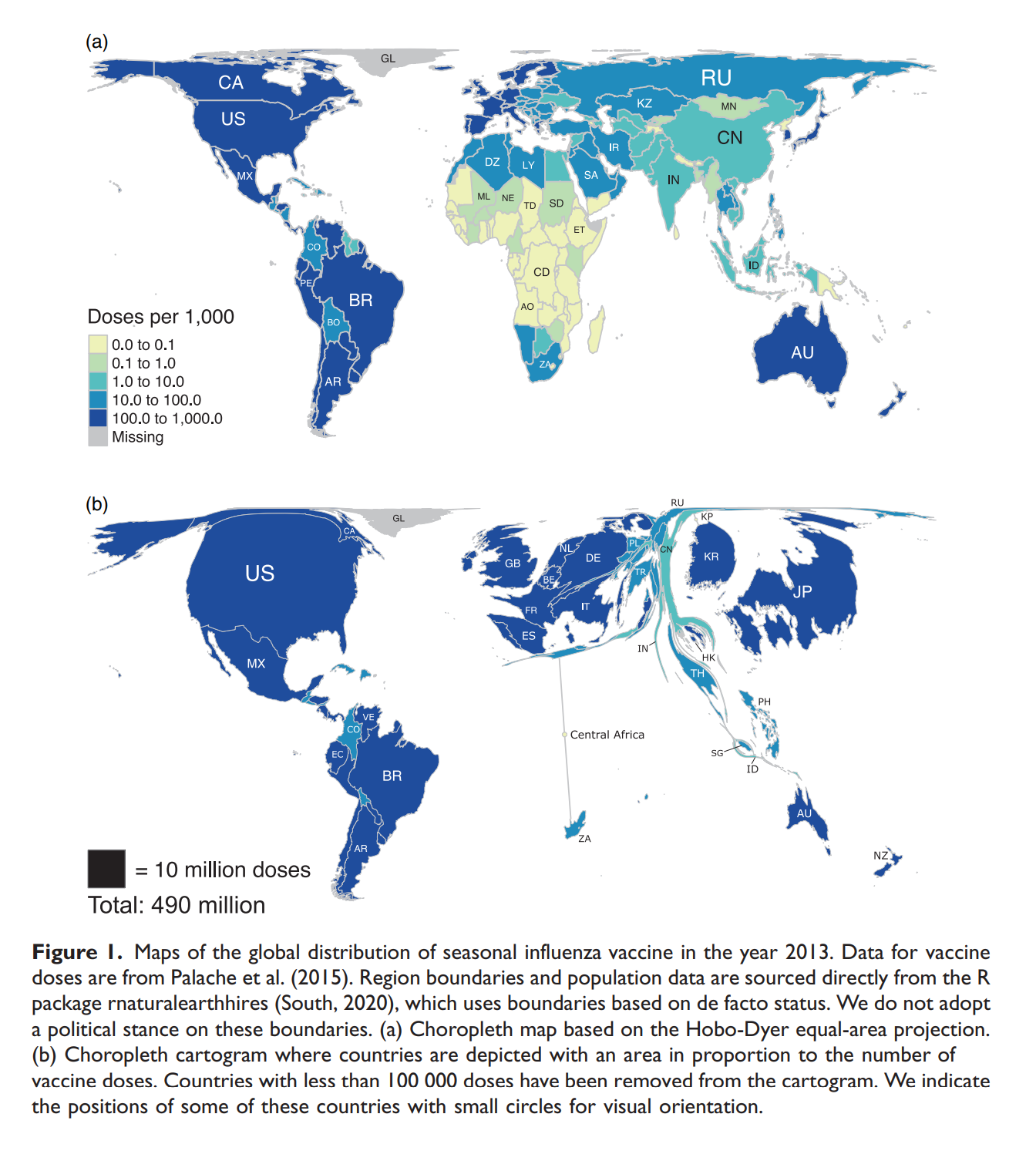 A cartogram, included as part of Asst Prof Gastner and Yen Ching’s published paper, depicting countries with area in proportion to the number of flu vaccine doses. Image provided by Asst Prof Gastner and Yen Ching.
A cartogram, included as part of Asst Prof Gastner and Yen Ching’s published paper, depicting countries with area in proportion to the number of flu vaccine doses. Image provided by Asst Prof Gastner and Yen Ching.
“Cartograms are a type of thematic map in which countries are rescaled so that their area is proportional to statistical data – for example, the number of vaccine doses,” explained Asst Prof Gastner. “As a cartographer, I am interested in visualising geographic data in insightful and thought-provoking ways. Although maps cannot cure diseases, they can increase the viewer’s awareness of global health issues.”
However, this type of research initiative would not have been possible without the ease of faculty-student collaboration at Yale-NUS College. With a small faculty-to-student ratio, Yale-NUS students have extraordinary and plentiful opportunities to pursue specialised research work with faculty members outside the traditional classroom setting.
“I enjoy that at Yale-NUS, it is easy to connect with your professors and I feel free to approach faculty members such as Asst Prof Gastner about any struggles in the research process,” said Yen Ching. “Sometimes, we even conducted our meetings at Starbucks in NUS UTown, which created for a nice atmosphere while conducting academic research.”
This close collaboration between faculty and students is seen throughout many research projects, such as a website that Asst Prof Gastner is developing to facilitate the creation of cartograms. “Yale-NUS students have contributed many new ideas to the project,” he said. “As ‘digital natives’, they are more in tune with social media and the latest trends in web development than my generation. It is our contribution to the nascent field of ‘volunteered geographic information’, in which web users are encouraged to create maps with their own data.”
For Yen Ching, working with Asst Prof Gastner was also a chance to learn about the processes involved in academic research. “Writing this paper with Asst Prof Gastner has given me a deeper insight into what goes in publishing an academic paper. From ideating, coding, writing, formatting, drafting, and finally, publishing – this process has taught me a lot about the academic field.”
In the end, this research project highlights the importance of learning from the past and ensuring a better future. “I hope that this article that Asst Prof Gastner and I have penned together will start a conversation about creating systems in place for equitable global vaccine distribution,” concluded Yen Ching. “If we can create a fair system in place for ensuring equitable distribution for COVID-19 vaccines, this system could be extended to any future outbreaks society might face.”

